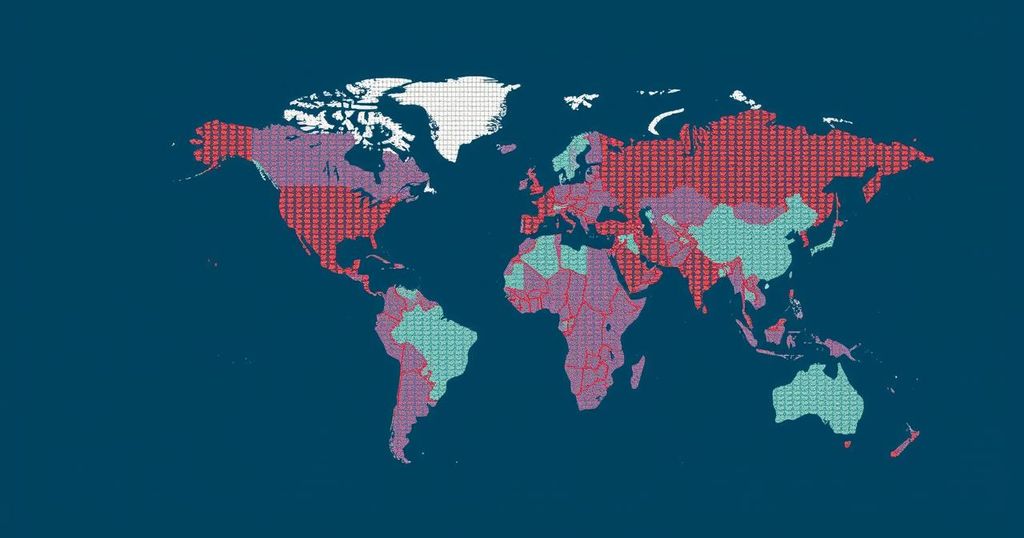World news
AFGHANISTAN, ASIA, BIDEN, CUBA, DEMOCRAT, DONALD TRUMP, EUROPE, FLORIDA, HAITI, HOMELAND SECURITY, KAMAL, KAMALA HARRIS, LEGISLATION, MEXICO, NAREE KETUDAT, NATIONAL SECURITY, NICARAGUA, NORTH AMERICA, PHILIPPINES, POLITICS, PRESIDENTIAL ELECTION 2024, PRESIDENTIAL ELECTIONS, SOUTH AMERICA, SOUTH FLORIDA, U. S, UKRAINE, UNITED STATES, VENEZUELA, WASHINGTON, WLRN
Amira Khan
0 Comments
Biden Administration Will Not Extend Humanitarian Parole for Migrants from Selected Nations
The Biden administration will not extend the humanitarian parole program for migrants from Venezuela, Haiti, Cuba, and Nicaragua, affecting hundreds of thousands living in the U.S. This program, started in 2022, offered a legal pathway to avoid illegal crossings. With the presidential election approaching, the administration indicates a stricter stance on immigration.
The Biden administration has announced that it will not be extending the two-year humanitarian parole program, which permitted migrants from Venezuela, Haiti, Cuba, and Nicaragua to enter the United States with a sponsor if they arrived by plane. This decision impacts South Florida, which hosts the largest population of these communities in the country. Initiated in 2022, the program aimed to provide a legal alternative for migrants looking to avoid illegal crossings at the U.S.-Mexico border, which have surged amid rising instability in their home countries. With federal data indicating that about 214,000 Haitians, 117,000 Venezuelans, 111,000 Cubans, and 96,000 Nicaraguans have benefited from this program, the lack of extension raises concerns.
The humanitarian parole program, introduced in 2022, was designed to allow specific migrants to reside and work in the United States legally for a limited period of two years. As officials sought to manage the influx of individuals crossing the U.S.-Mexico border, the program aimed to create a controlled pathway for those fleeing turmoil in their countries. While the program began with Venezuelans, it later encompassed Cubans, Haitians, and Nicaraguans, reflecting the rising number of migrants from these nationalities seeking refuge in the U.S.
The Biden administration’s decision not to extend the humanitarian parole program for migrants from Venezuela, Haiti, Cuba, and Nicaragua indicates a significant shift in immigration policy, especially ahead of the upcoming presidential election. The requirement for individuals to apply for alternative legal statuses or face deportation underscores the administration’s commitment to addressing immigration concerns while managing the complexities of U.S. immigration policy. With ongoing discussions about immigration reform, the future for these communities remains uncertain.
Original Source: www.wlrn.org




Post Comment